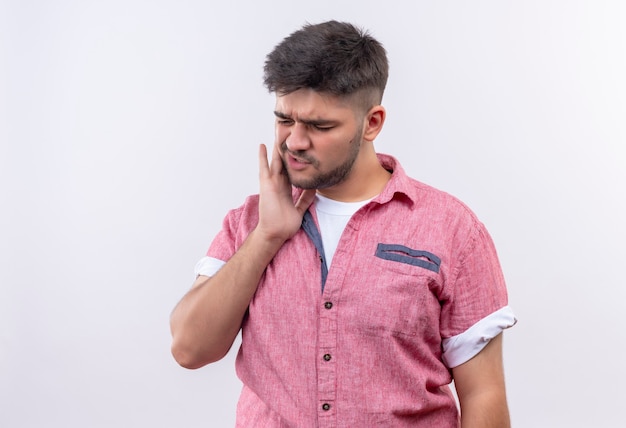
Many folks think that sipping a glass of wine before hitting the sack can help them nod off, but that’s not quite true. In fact, having wine before bed can lead to a night full of disrupted sleep, lowering the quality of rest you get. Here’s what you should know about drinking wine before bedtime.
Alcohol and Your Sleep
While alcohol might initially make you feel sleepy, during the night, it can actually stir up rapid eye movement (REM) sleep, the lightest stage of rest. This interrupts your journey into deep sleep, which is the most restorative. That’s why when individuals stop drinking, they often see an improvement in their sleep quality.
Feeling Grumpy the Next Day
Without sufficient deep sleep, you might find yourself feeling grouchy, irritable, and battling headaches the next day. This lack of quality rest can make handling daily tasks and work tougher than usual.
Middle-of-the-Night Wake-Ups
As your body processes the alcohol, it goes through a rebound effect, trying to catch up on lost deep sleep by entering lighter REM sleep. This makes you more prone to waking up in the night, leaving you feeling even worse the following day.
Stick to Just One Drink
Limiting yourself to just one drink can help reduce the negative effects on your sleep. Overindulging only worsens the quality of your rest.
Finish with a Snack
Eating while enjoying a glass of wine can help by slowing down alcohol absorption in your system, reducing sleep interruptions. So, always try to have a snack and avoid drinking on an empty stomach.
Drink Earlier
For those who want to enjoy wine without compromising on sleep, having a drink earlier might help. Consider wrapping up your last glass by late afternoon, which allows your body to process the alcohol before bedtime.
Pay Attention to Your Sleep Habits
If you can’t seem to sleep without a drink, it might be a sign of a deeper issue. Chat with your healthcare provider to see if help is needed to address any alcohol dependency. Leaving it unchecked can lead to serious addiction issues that are harder to tackle down the road.









